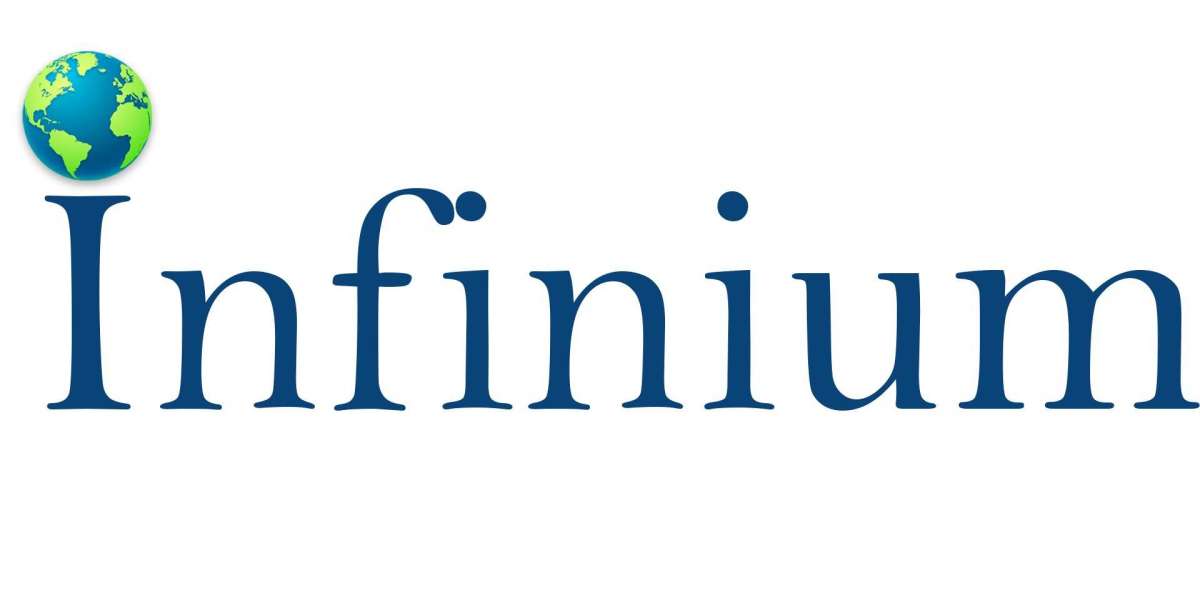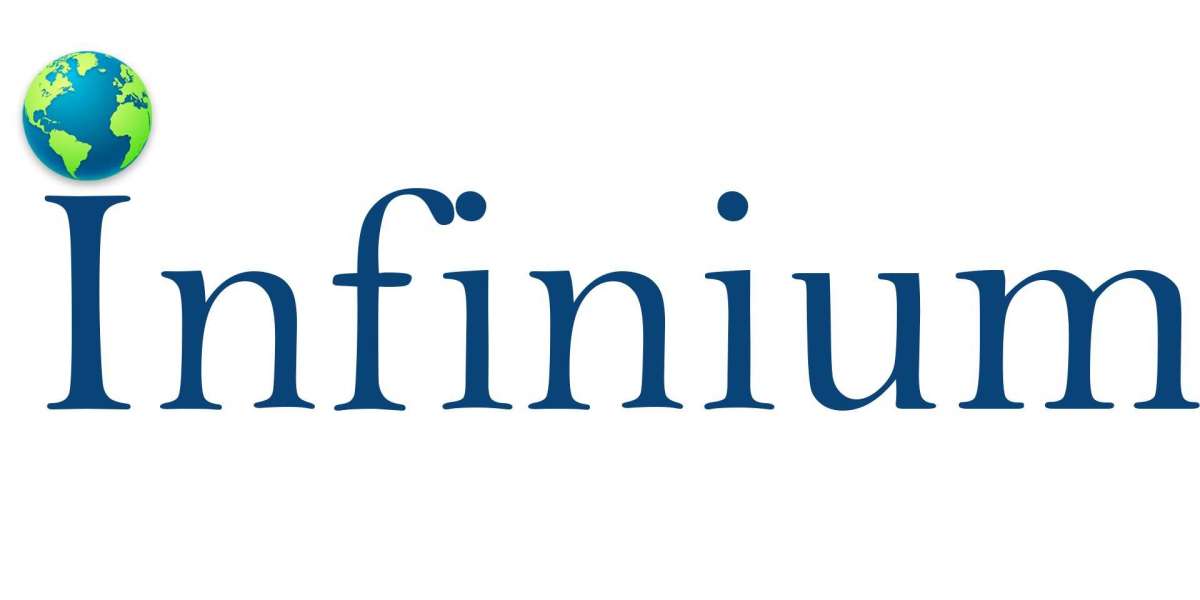Market Dynamics
Drivers:
Technological Advancements: Innovations in dispersing agent formulations and technologies are expanding their applications and improving performance. New developments, such as environmentally friendly and high-efficiency dispersants, are driving market growth.
Expansion of End-Use Industries: The growing demand in industries such as automotive, construction, and consumer goods is fueling the need for effective dispersing agents. These agents are critical in applications like paints and coatings, where performance and stability are essential.
Environmental Regulations: Increasing regulations and consumer preferences for eco-friendly and low-VOC (volatile organic compound) products are driving the demand for sustainable dispersing agents. Manufacturers are focusing on developing green dispersants that meet regulatory standards.
Challenges:
Raw Material Costs: Fluctuations in the prices of raw materials used in dispersing agents, such as surfactants and polymers, can impact production costs and profitability. These price variations can affect market stability and product pricing.
Regulatory Compliance: Compliance with stringent environmental and safety regulations can be challenging for manufacturers. Adapting to diverse regulations across different regions requires significant investment and can impact market entry and product development.
Competition and Market Saturation: The dispersing agents market is highly competitive, with numerous players offering a wide range of products. This competition leads to price pressures and requires companies to differentiate themselves through innovation and quality.
Opportunities:
Growing Demand for Eco-Friendly Products: The increasing focus on sustainability and environmental impact provides opportunities for manufacturers to develop and market eco-friendly dispersing agents. Innovations in green chemistry and sustainable formulations can attract environmentally conscious consumers.
Emerging Markets: Rapid industrialization and economic growth in regions such as Asia-Pacific and Latin America present opportunities for market expansion. These regions are experiencing increased demand for high-performance dispersing agents in various applications.
Sample Pages of Report: https://www.infiniumglobalresearch.com/reports/sample-request/1027
Regional Analysis
North America: The North American market is characterized by advanced manufacturing and technology sectors. The U.S. and Canada have a high demand for dispersing agents in applications like automotive coatings, industrial paints, and pharmaceuticals. The market is driven by technological advancements and a strong focus on innovation.
Europe: Europe has a well-established market for dispersing agents, with a strong emphasis on regulatory compliance and sustainability. The European Union's stringent environmental regulations drive the development of low-VOC and eco-friendly dispersing agents.
Asia-Pacific: The Asia-Pacific region is experiencing rapid growth in the dispersing agents market due to expanding industrial activities, increasing consumer goods production, and rising demand for high-performance materials. Countries like China, India, and Japan are major contributors to this growth.
Latin America Middle East Africa: These regions are seeing gradual growth in demand for dispersing agents, supported by increasing industrialization and consumer product manufacturing. Market development is driven by the need for high-quality dispersants in various applications.
Market Segmentation
By Type: The market is segmented into anionic, cationic, nonionic, and amphoteric dispersing agents. Each type offers different properties and applications, influencing their use in various industries.
By Application: Key applications include paints and coatings, plastics and rubber, pharmaceuticals, agrochemicals, and others. The paints and coatings sector is a major segment due to the need for stable and high-performance formulations.
By End-User: The market serves various end-users, including industrial manufacturers, consumer goods companies, and pharmaceutical producers. Each end-user segment has specific requirements and preferences for dispersing agents.
By Region: Regional segmentation includes North America, Europe, Asia-Pacific, Latin America, and the Middle East Africa, with each region exhibiting distinct growth drivers and market characteristics.
Competitive Landscape
Market Share of Large Players: Major players in the dispersing agents market, such as BASF SE, Dow Inc., and Evonik Industries, hold significant market share due to their extensive product portfolios, global reach, and established market presence.
Price Control by Big Players: Large companies often influence market pricing through economies of scale and strategic sourcing. Their substantial market presence allows them to set trends and standards for pricing and product performance.
Challenges from Smaller Companies: Small and mid-sized companies challenge larger players by focusing on niche markets, innovative formulations, and cost-effective solutions. They often introduce specialized dispersing agents that cater to emerging needs or specific applications.
Key Players:
BASF SE
Dow Inc.
Evonik Industries AG
Clariant International Ltd.
AkzoNobel N.V.
Elementis plc
Lubrizol Corporation
Report Overview: https://www.infiniumglobalresearch.com/reports/global-dispersing-agents-market
Future Outlook
New Product Development: Continuous innovation in dispersing agent formulations and applications is crucial for maintaining a competitive edge. Developing new products with enhanced performance characteristics, such as better stability and environmental benefits, helps companies meet evolving market demands and capture new opportunities.
Sustainable Products: The growing emphasis on sustainability is driving demand for eco-friendly dispersing agents. Companies that focus on developing and marketing sustainable products, such as those with low environmental impact and compliant with green chemistry principles, will likely appeal to environmentally conscious consumers and strengthen their market position.
Conclusion
The dispersing agents market is driven by technological advancements, growing end-use industry demands, and increasing focus on sustainability. While challenges such as raw material costs and regulatory compliance persist, opportunities in emerging markets and sustainable product development offer pathways for growth. Companies that invest in innovation and adapt to changing market trends will be well-positioned for success in this dynamic and competitive industry.


